Fancy a European getaway that combines culture, greenery, and a great atmosphere? Head to Munich! With its legendary breweries, art museums, huge parks, and relaxed atmosphere, the Bavarian capital has it all.
What are the must-see attractions in Munich? In this travel guide, I share my favorite spots, my top recommendations, and all my tips for making the most of the city.
This article was produced in collaboration with Transavia. However, I remain completely free to express my own opinions. The views and advice mentioned in this article are therefore entirely sincere.
Summary
Munich in brief
When to get there?
The city can be explored all year round, each season offering a different atmosphere:
- Spring, to see the city in bloom and enjoy the parks and terraces without the summer crowds.
- July and August for pleasant temperatures, swimming in the Isar, or a picnic in the English Park.
- Autumn for its vibrant colors and Oktoberfest, the famous beer festival that brings together millions of people.
- Winter for Christmas markets and illuminations
How long will you stay?
Ideally 3 to 4 days to fully enjoy the museums, parks, and cuisine.
How to get there?
From Paris Orly, Transavia flies to Munich all year round in 1 hour 30 minutes, starting at just €65. Book a ticket
Who is it for?
Munich is a very pleasant and safe city. It is suitable for solo travelers, couples, and families alike, with a wide range of tours and activities to suit your preferences.
How to get around?
The U-Bahn (subway), S-Bahn (commuter train), tram and bus network is extremely efficient but not cheap: expect to pay €4.10 per trip, or €2 if you are only traveling a maximum of four stops. The €9.70 day pass can therefore quickly pay for itself. The trip to/from the airport costs €16.30. Find out more: https://www.mvg.de/
How to communicate?
German is the official language, but most people speak English, especially in tourist areas.
How much does it cost?
Munich is not a cheap city. Transportation, museums, and restaurants are about 30% more expensive than in Paris. You can save money with the Munich Card, which offers discounts and access to public transportation, as well as the Munich City Pass, which includes free admission to most of the city’s cultural attractions.
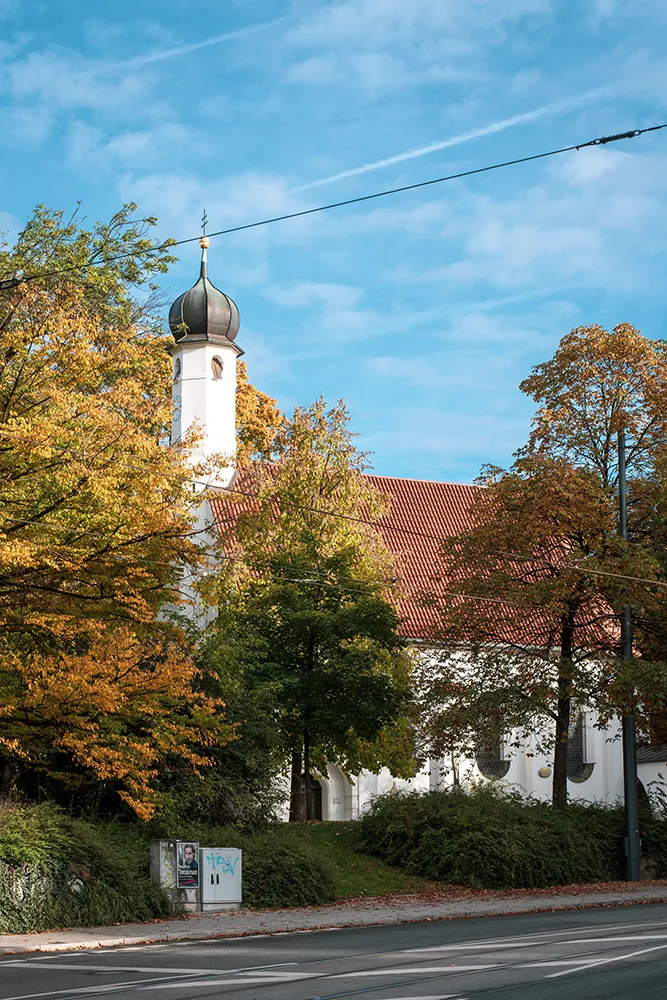
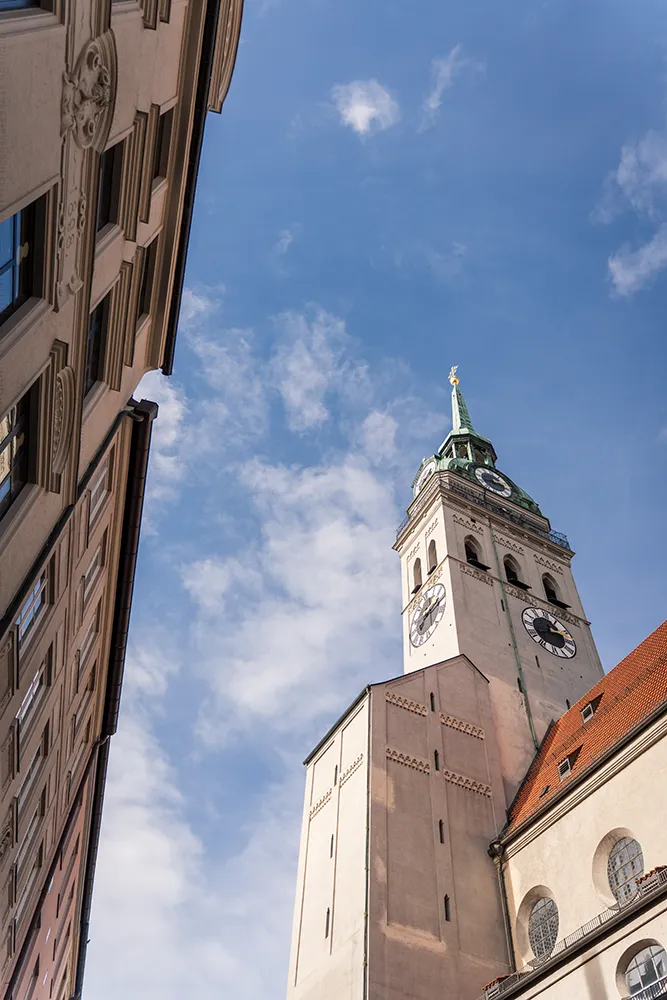
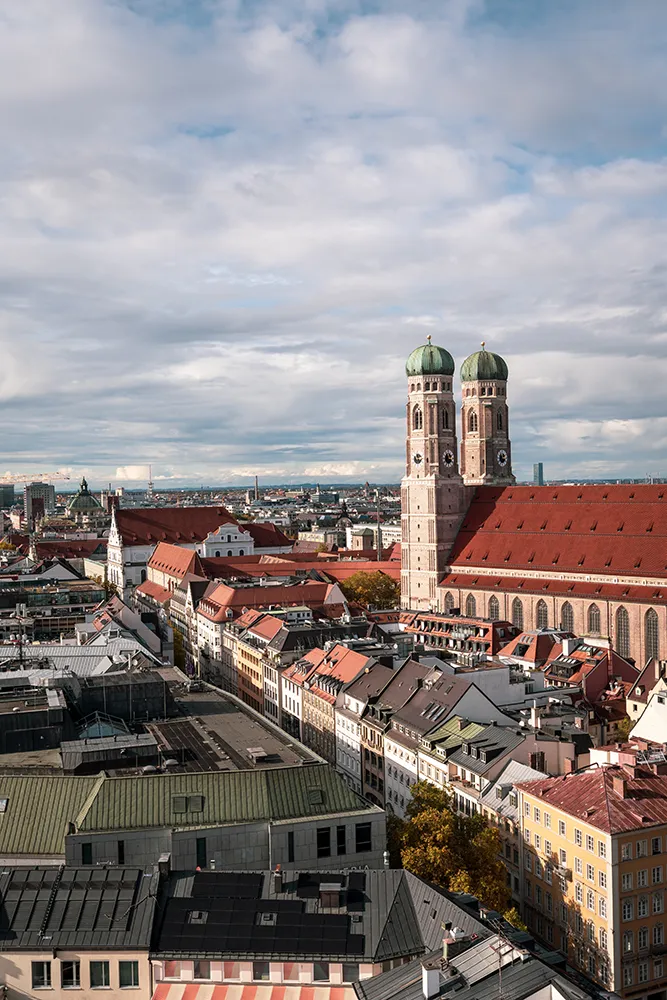
A short history of Munich
Founded in 1158, Munich owes its name to the Benedictine monks (Mönche in German) who lived there. A prosperous trading city, it became the capital of the Duchy of Bavaria in the 17th century.
In the 19th and 20th centuries, Munich flourished as a major artistic center, attracting painters, architects, and musicians.
As the founding city of the Nazi party, Munich was particularly targeted by bombing during World War II. Seventy percent of the city was destroyed, but it rose from the ashes after the war. Today, Munich embodies the harmonious blend of Bavarian tradition and technological innovation.
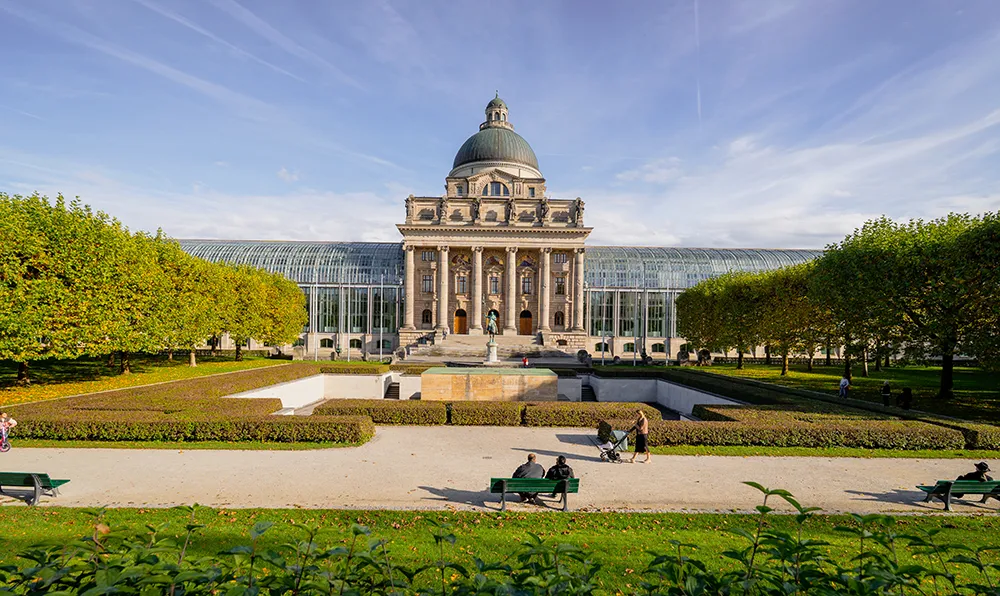
What to do in Munich? The 10 must-see attractions
Marienplatz: the vibrant heart of Munich
Begin your exploration of the city at Marienplatz, the official center of Munich since its founding in 1158. Here, you can admire the Flemish-inspired architecture of the town hall, as well as a golden statue of the Virgin Mary that sits atop a column.
Every day at 11 a.m., 12 p.m., and 5 p.m. during the summer, you can also watch the glockenspiel, the town hall’s carillon, come to life.
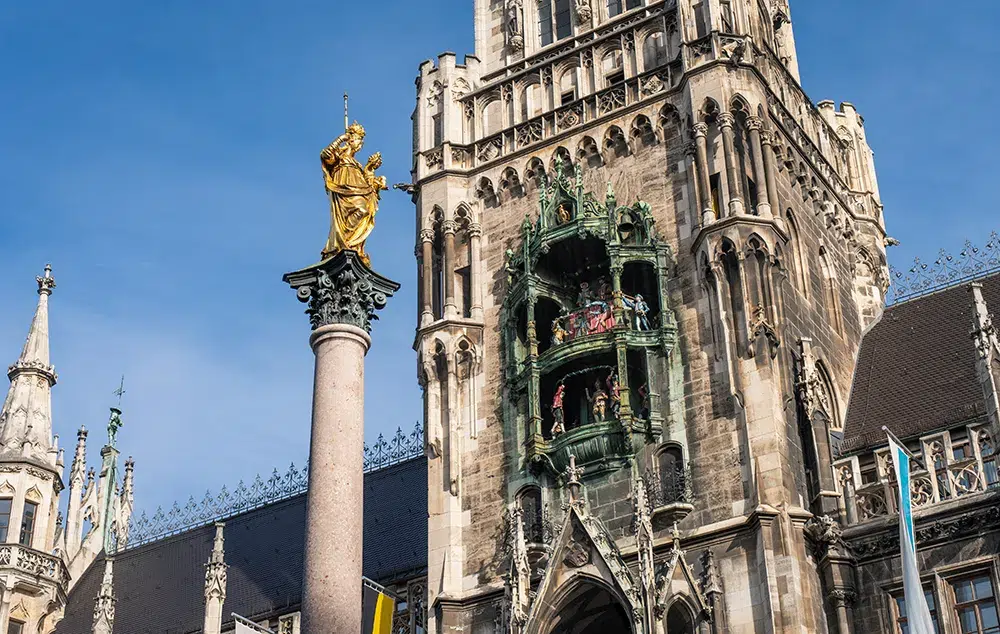
St. Peter’s Church (Alter Peter)
Then head to St. Peter’s Church, located just a stone’s throw from Marienplatz. This Baroque-style church is open to visitors, but if you’re feeling brave and have €5 to spare, I highly recommend climbing the 300 steps to the top of its bell tower to enjoy one of the most beautiful views of Munich, 91 meters above the city.
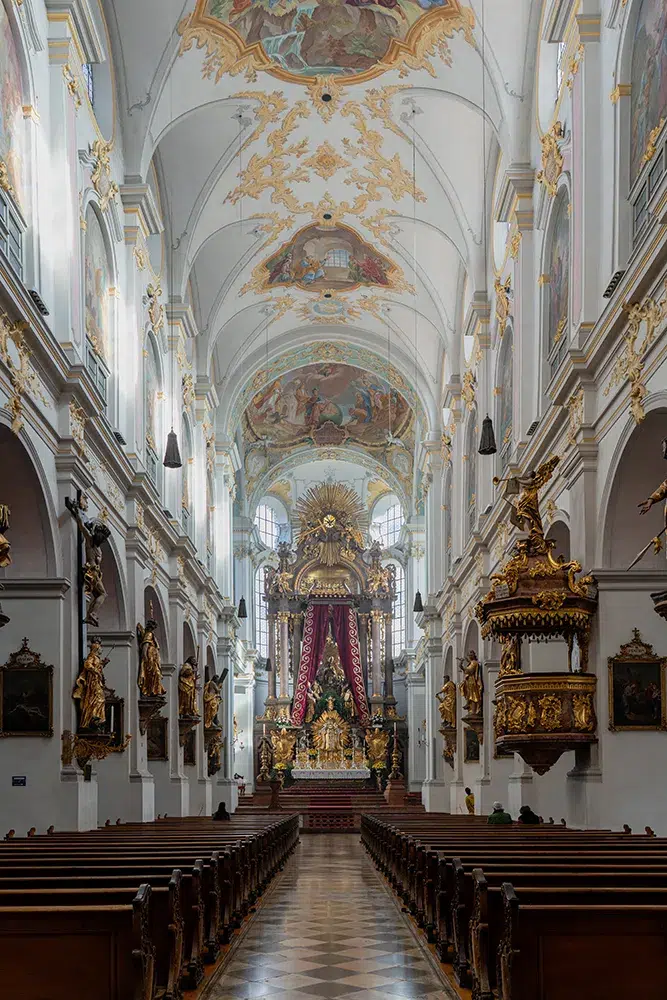
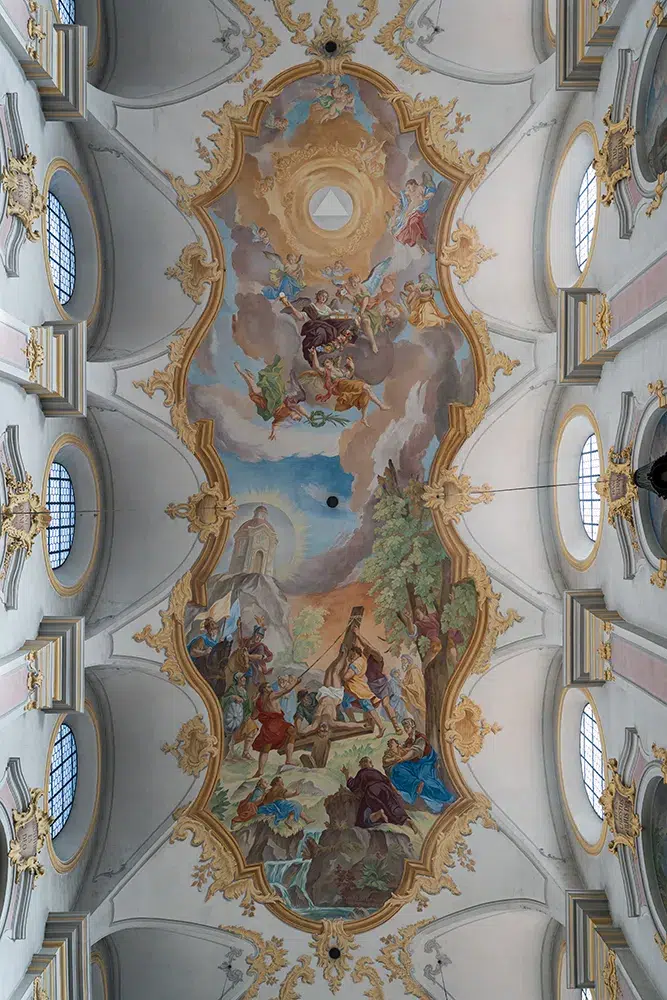
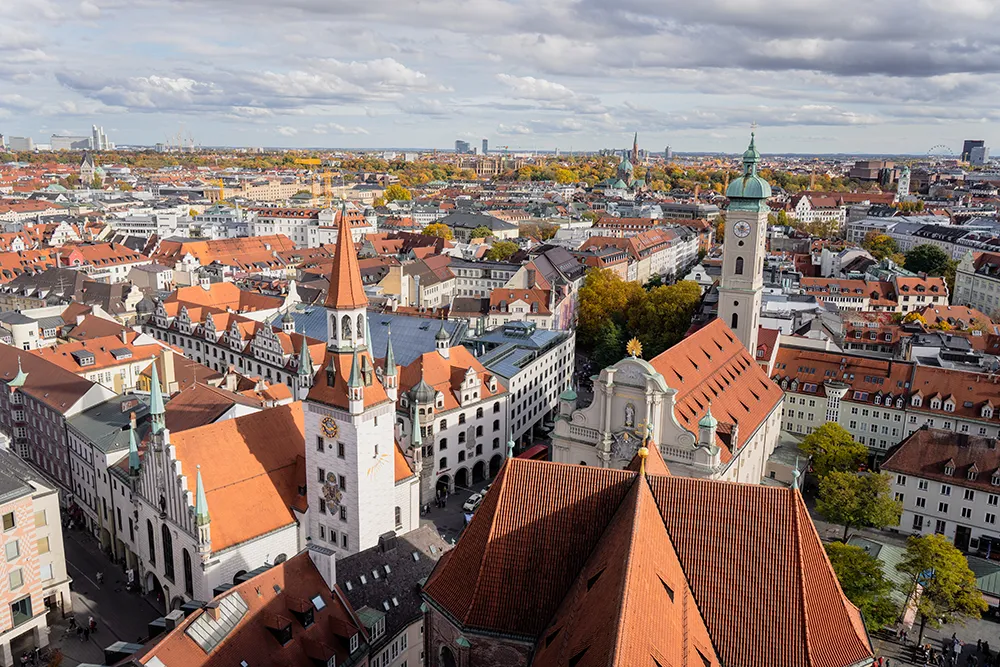
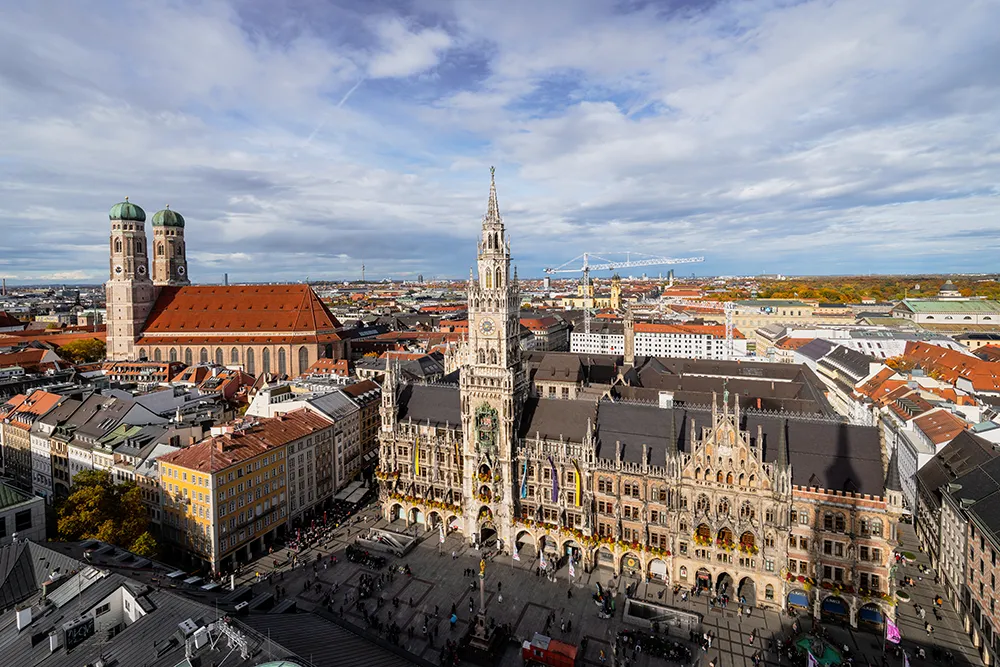
Peterspl. 1
Free admission to the church. Access to the tower: €5
The cathedral (Frauenkirche)
It’s impossible to miss the cathedral, whose two towers with their distinctive spires are visible throughout the city. Inside, you’ll discover impressive, slender architecture.
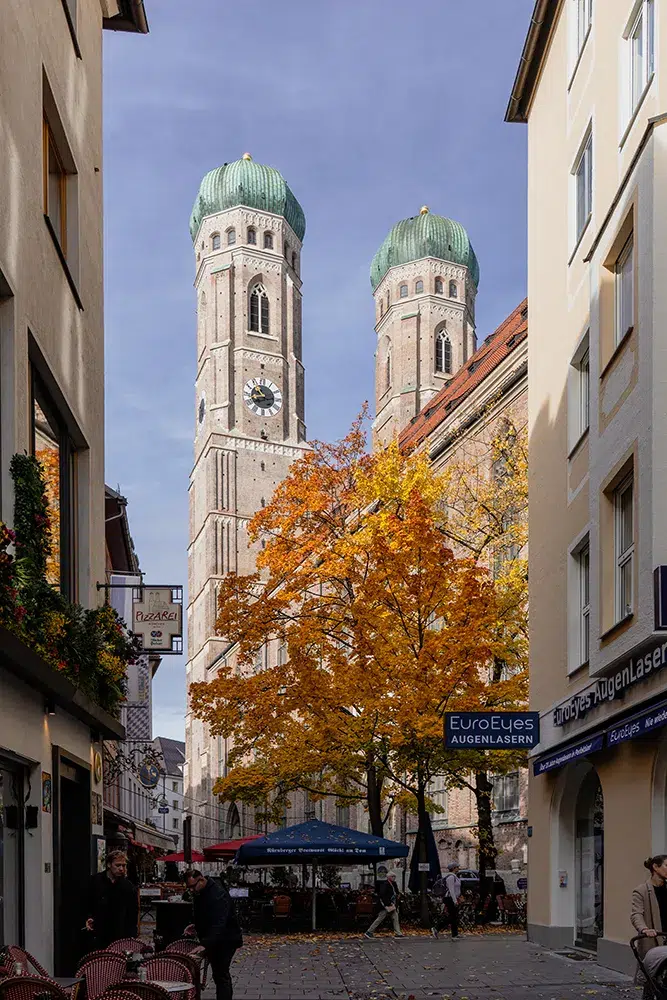
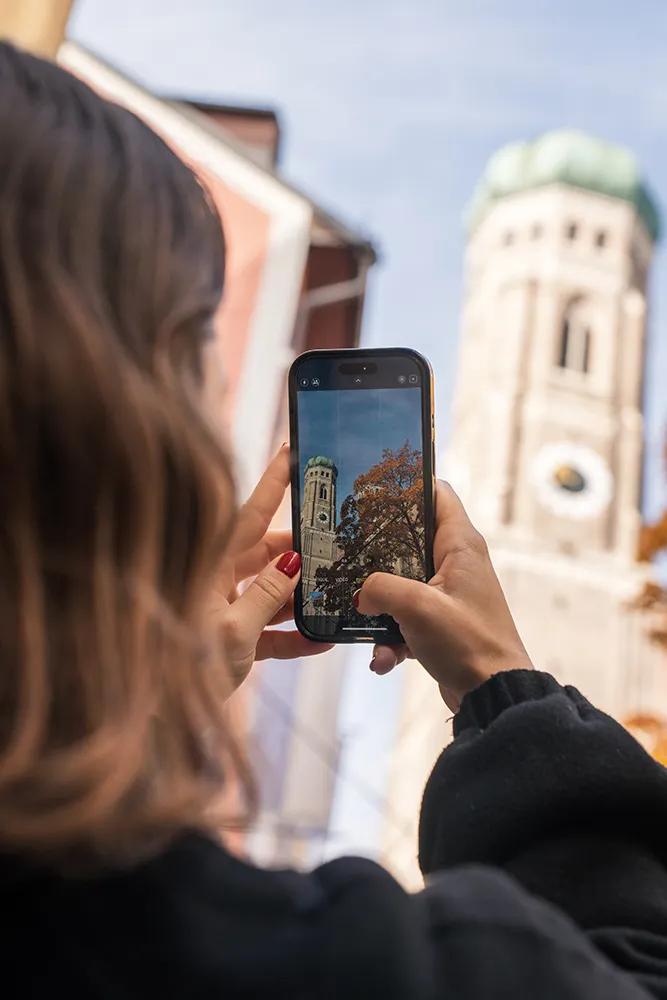
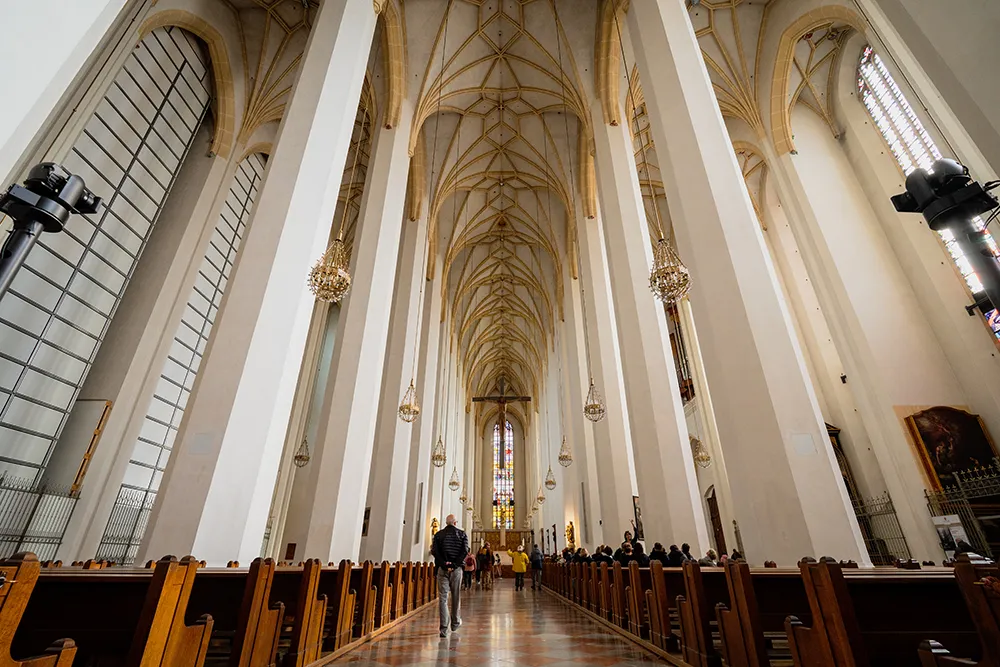
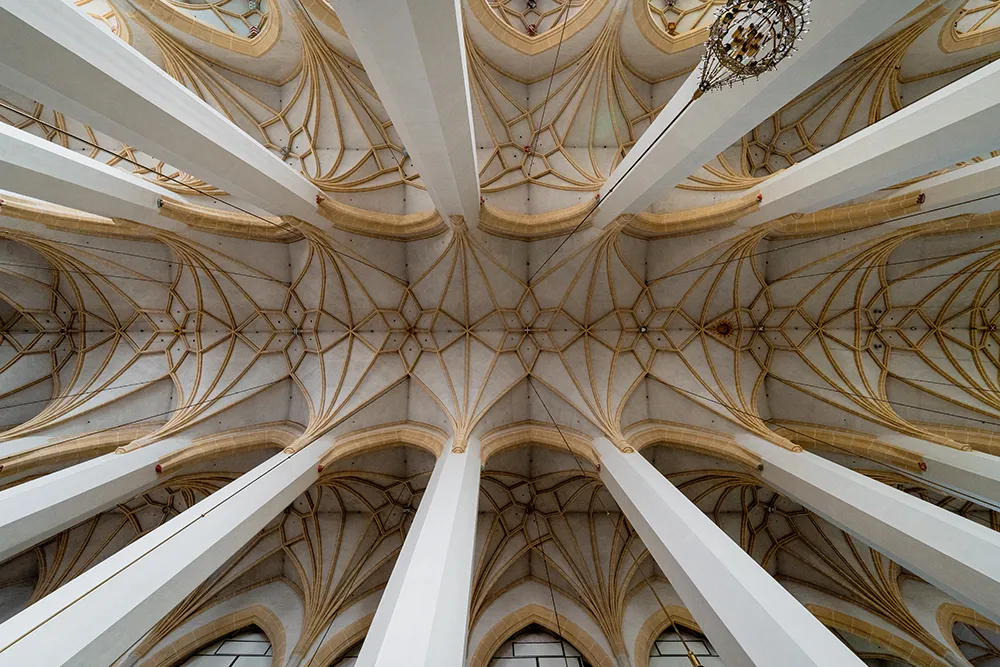
Frauenplatz 1
Free admission, only access to the tower is subject to a fee
The Residenz Palace
No fewer than 130 rooms and 10 courtyards make up this monumental palace, which was once the castle of the dukes, prince-electors, and kings of Bavaria. Severely damaged during the bombings of World War II, the palace has since been rebuilt identically and is now one of the city’s must-see attractions.
The Antiquarium, with its 69 meters in length and numerous sculptures, is the highlight of this tour.
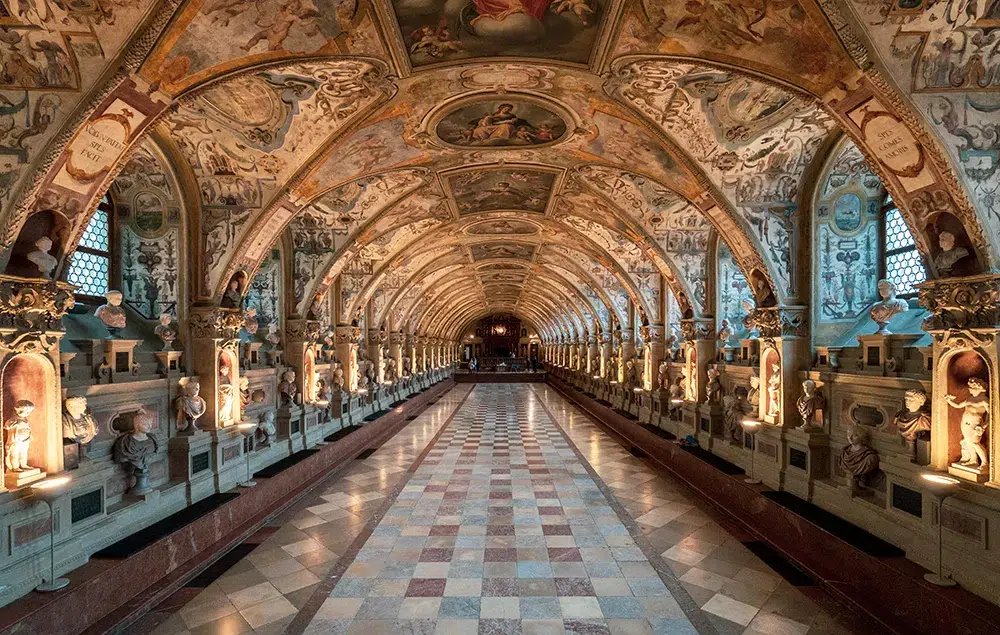
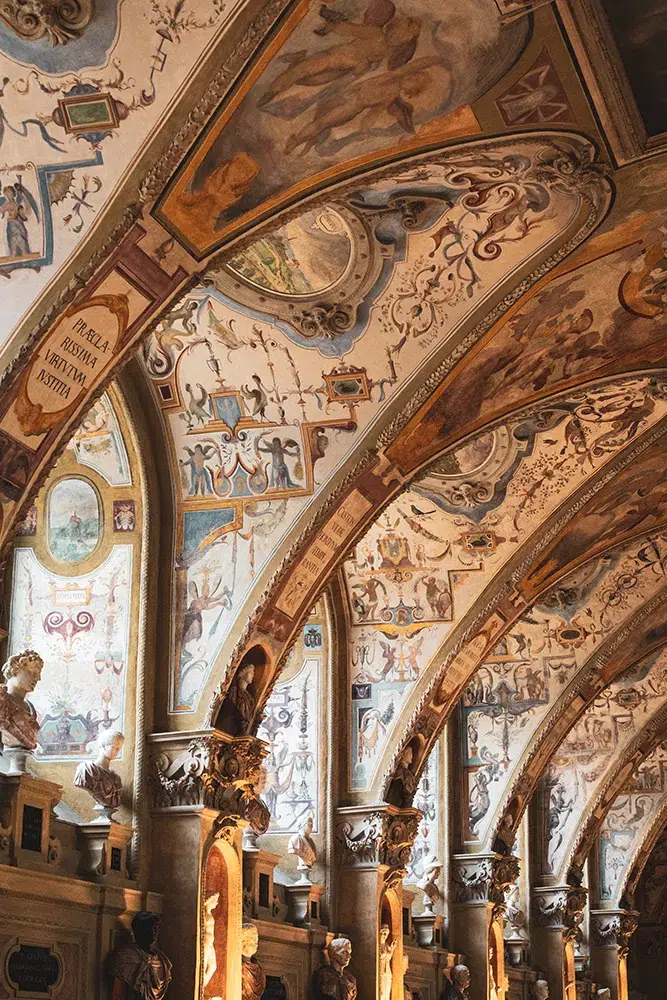
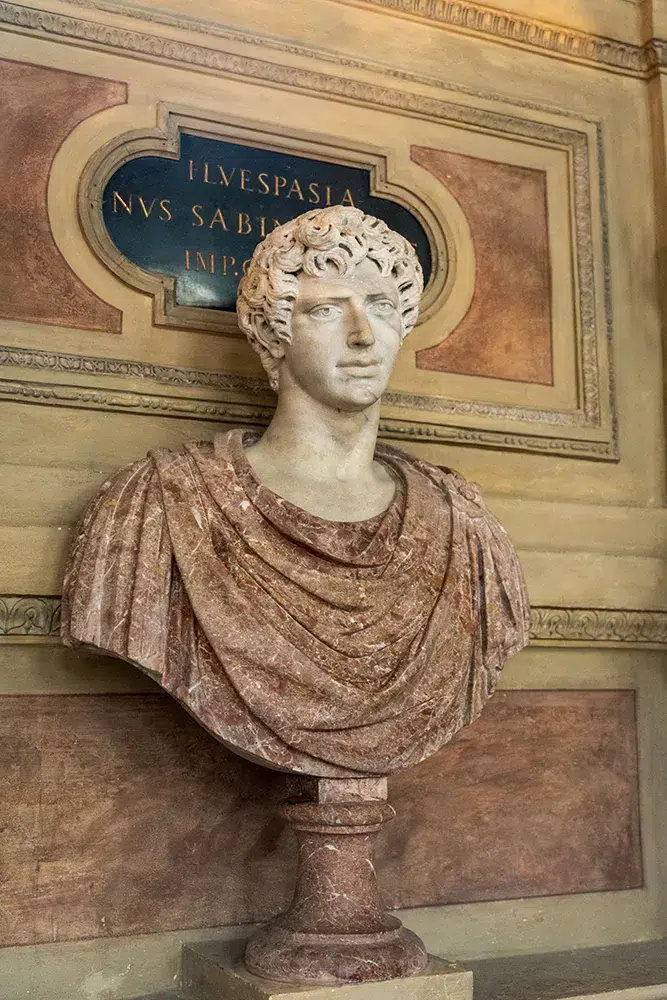
Allow at least two hours to have enough time to explore this enormous palace.
Residenzstraße 1
€10 – free for visitors under 18
Every day, from 10 a.m. to 5 p.m.
Book a tour in Munich !
The Cuvilliés Theater
Located right next to the Residence Palace, this theater was dismantled in 1944 to protect it from bombing, which allowed it to be rebuilt identically after the war. It reopened in 1958.
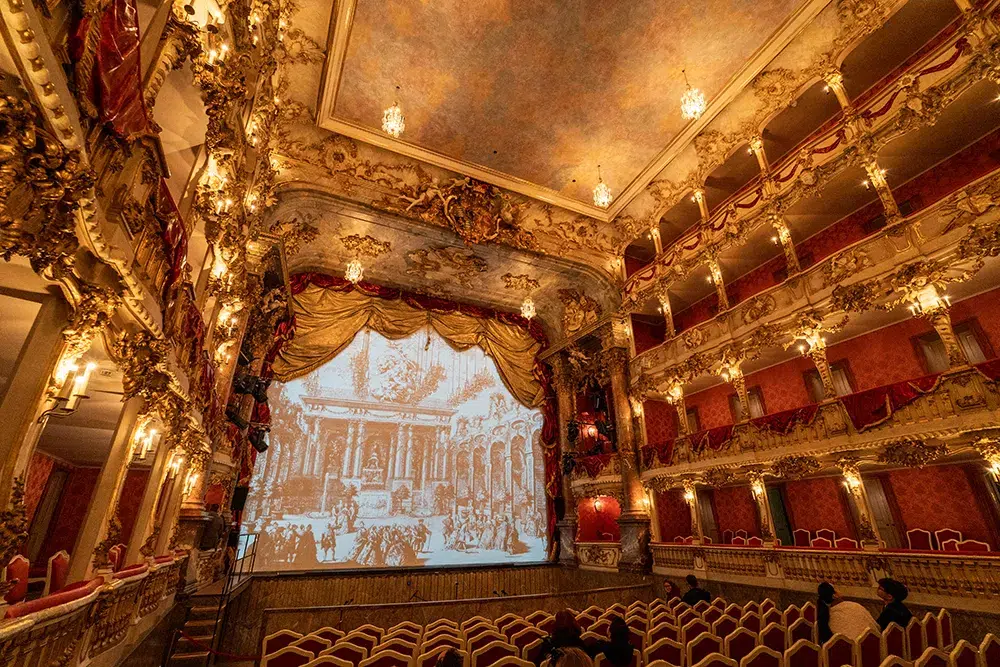
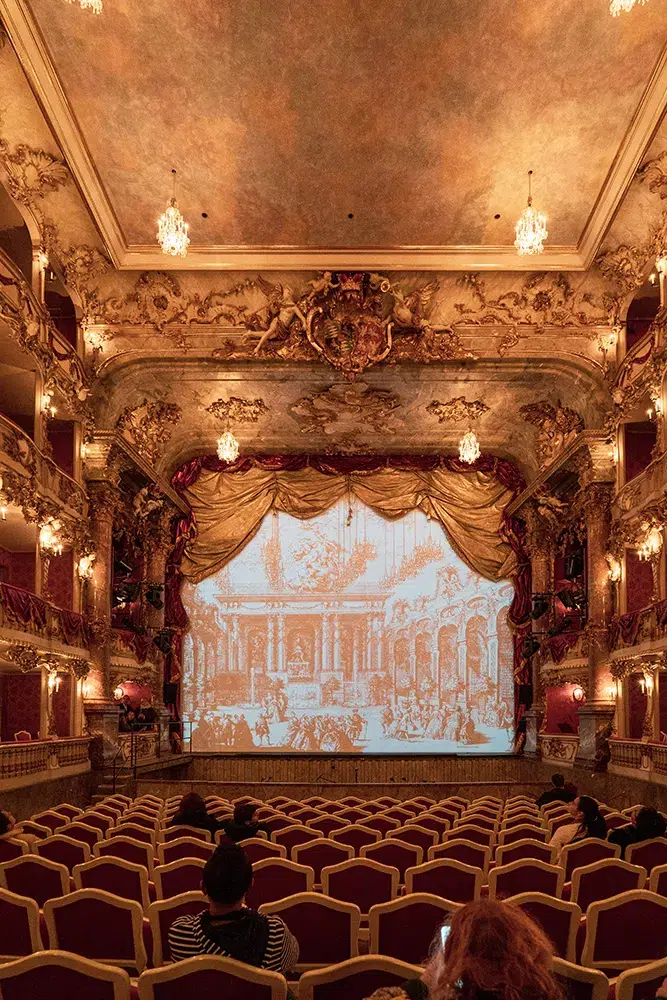
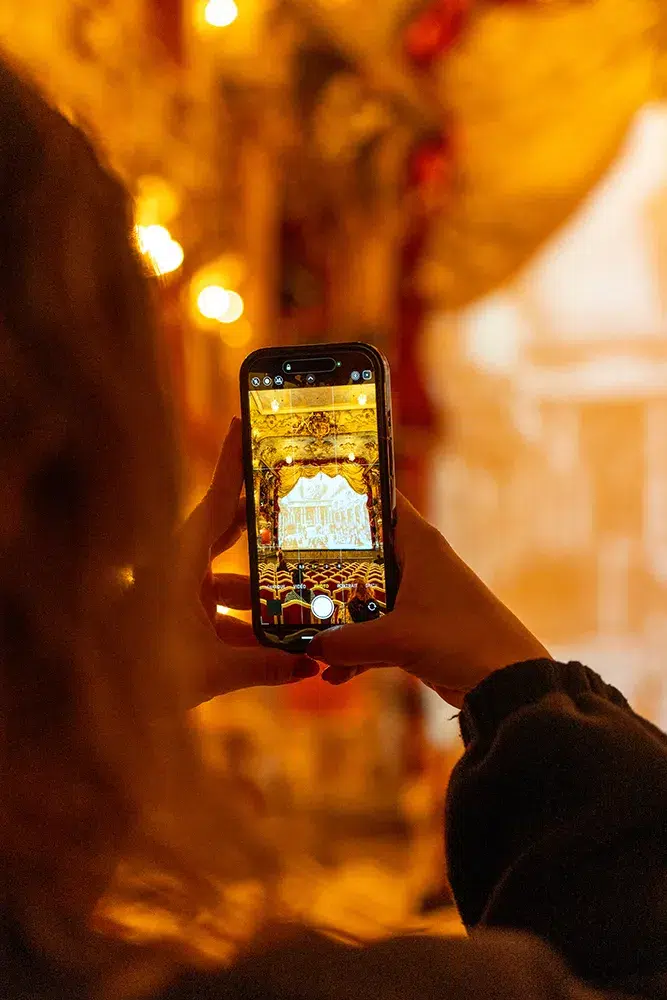
Residenzstraße 1
Monday to Saturday from 2pm to 5pm / Sundays and public holidays from 10am to 5pm
€5
English Garden
A true green lung of Munich, the English Garden is one of the largest parks in the world—even larger than Central Park in New York City! It’s the place to go for a picnic or simply a pleasant stroll among the trees.
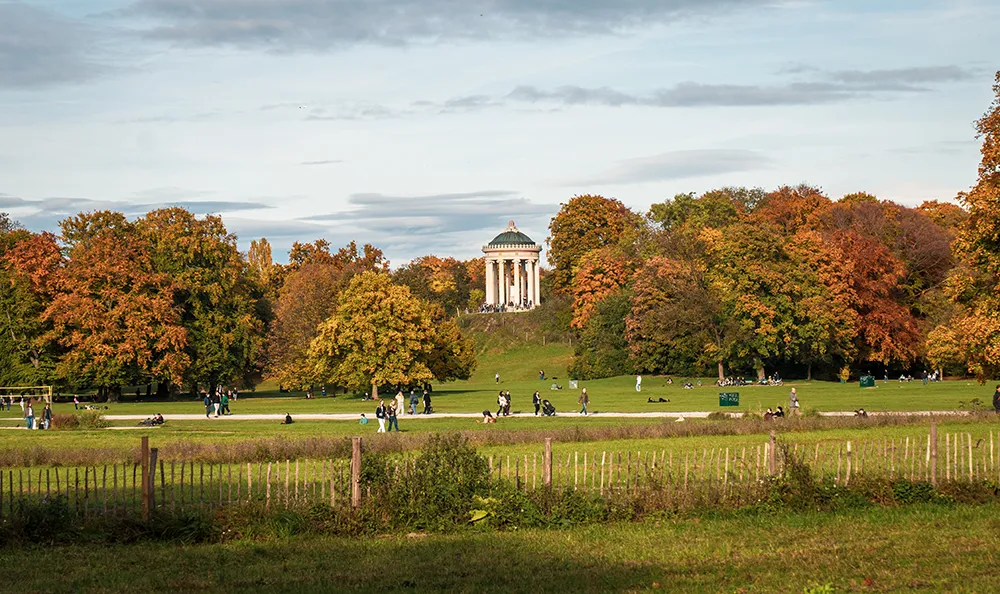
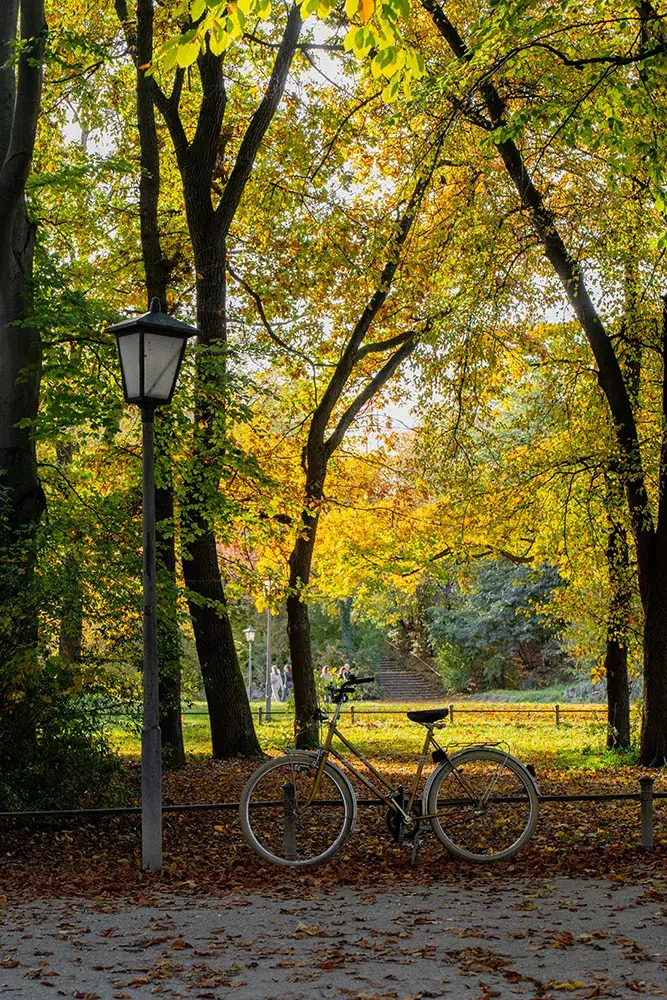
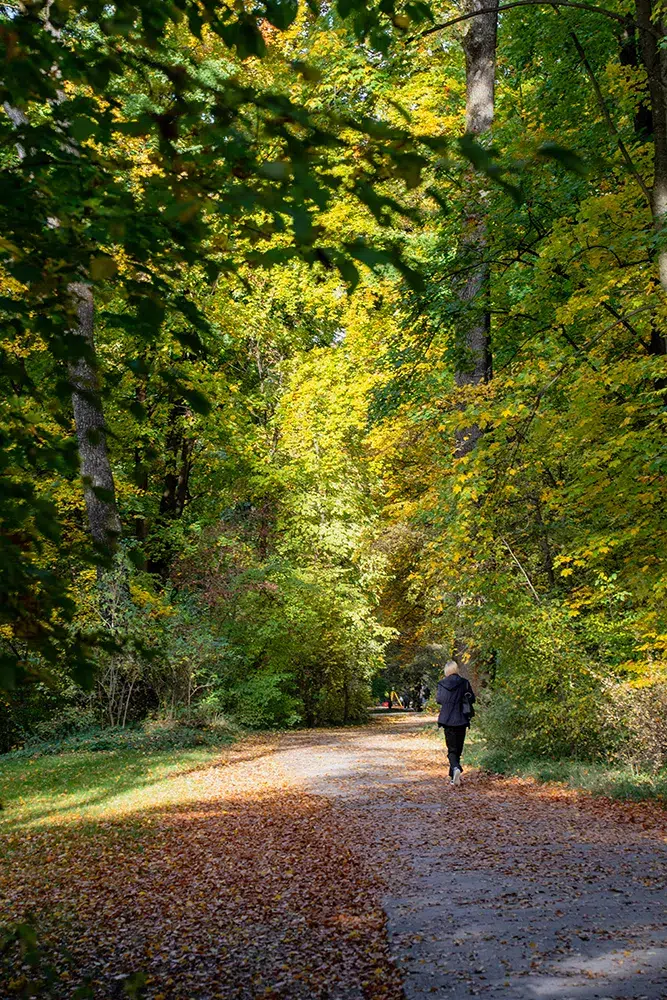
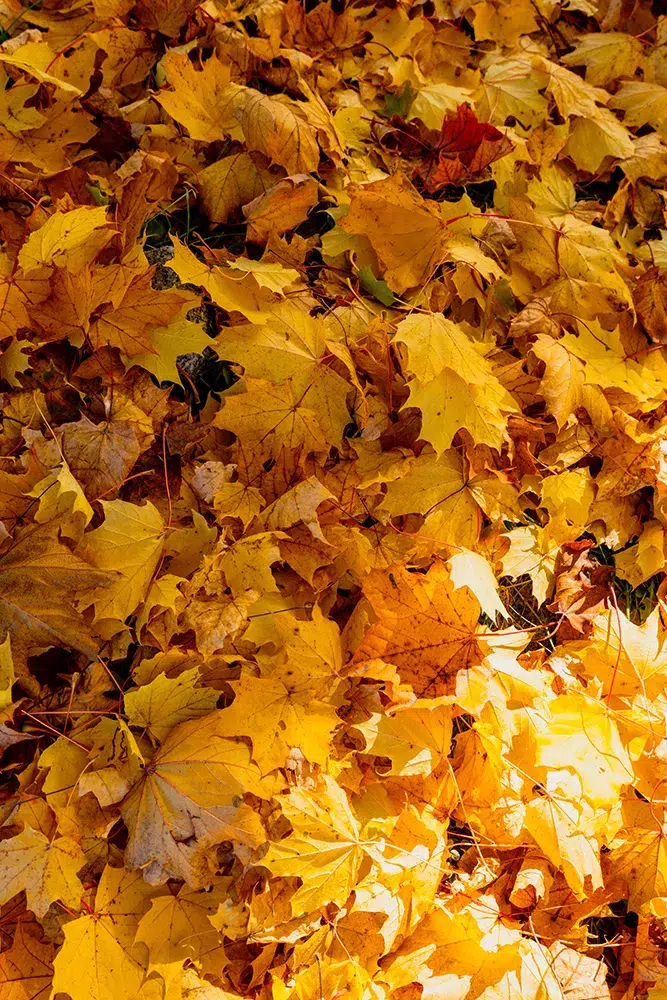
Museums (Kunstareal)
With 18 museums and around 40 galleries, the Kunstareal is one of the largest cultural districts in Europe. Don’t miss the Old Pinakothek and the Pinakothek der Moderne, where you can admire masterpieces by Raphael, Dürer, Klimt, Van Gogh, Schiele, and others.
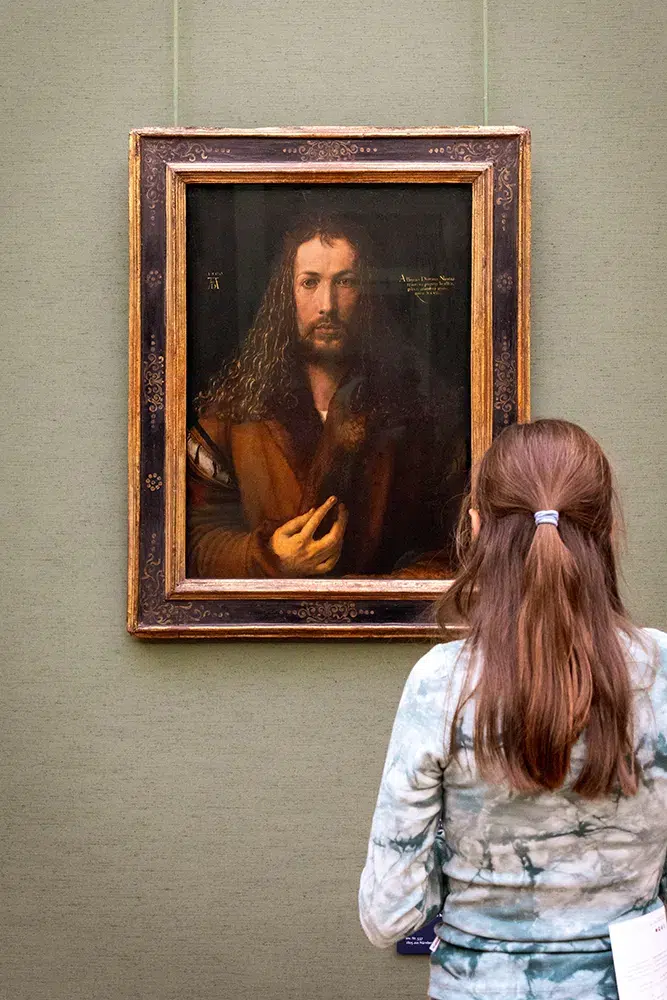
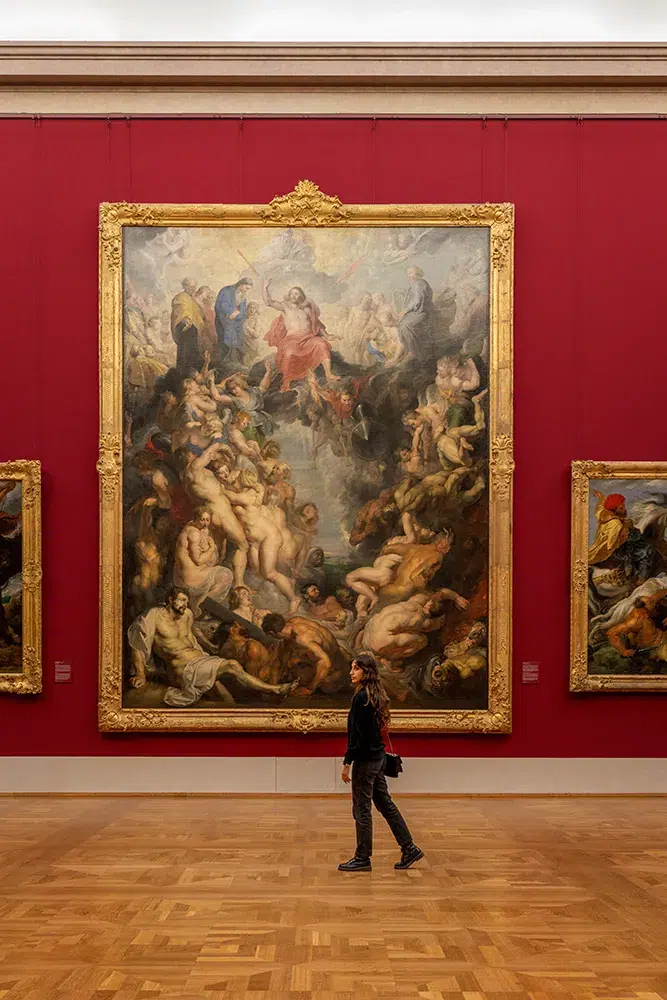
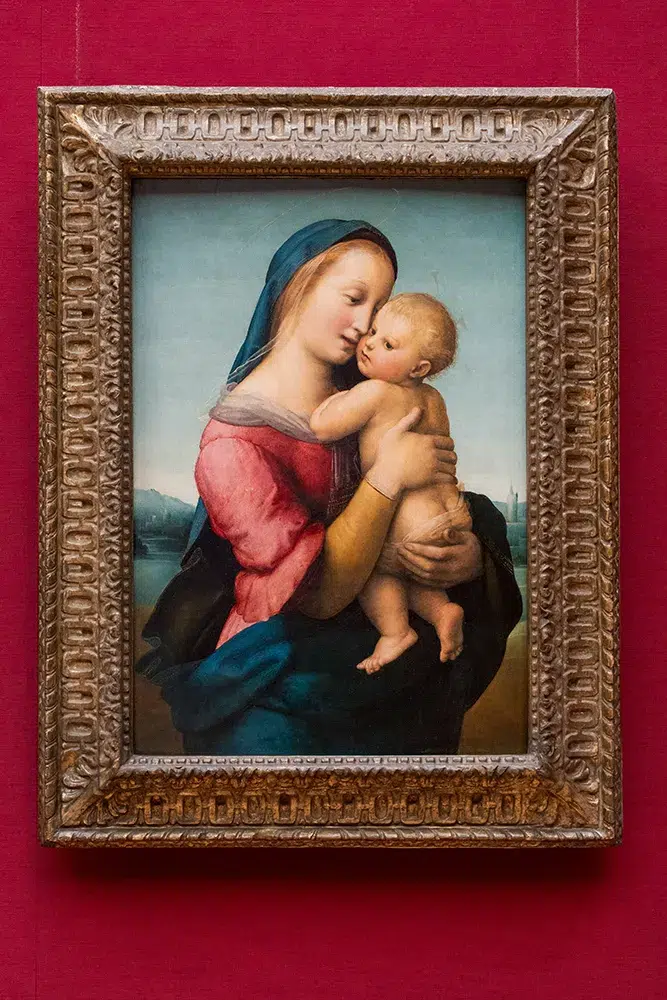
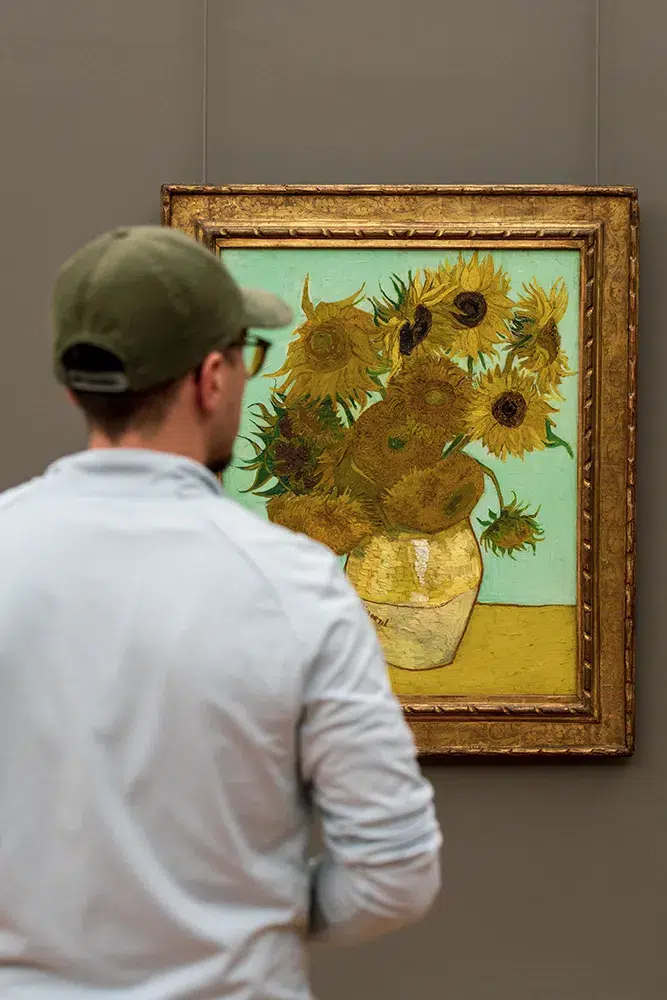
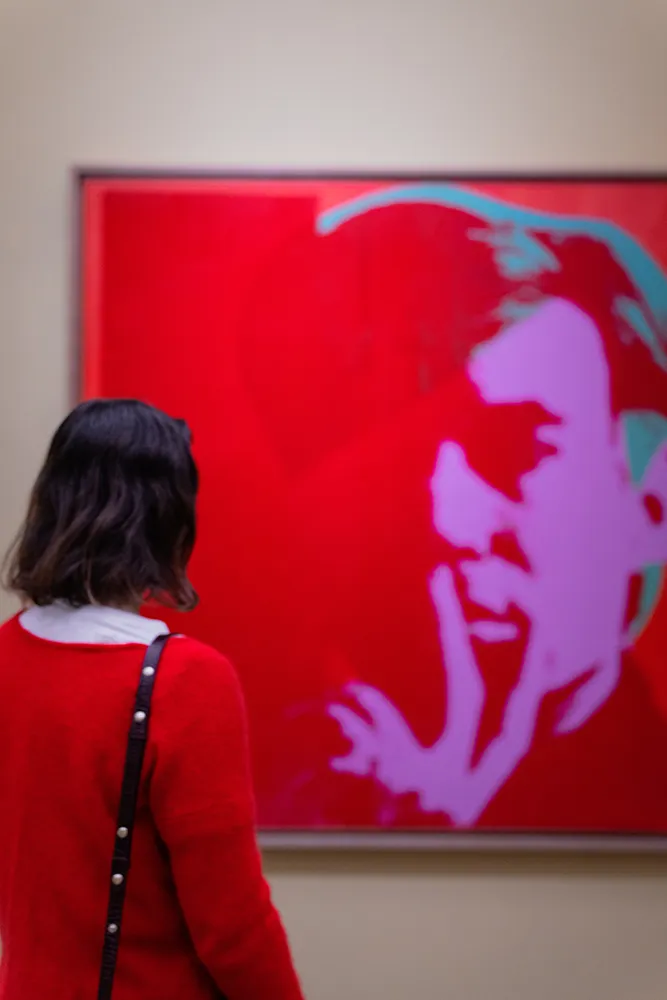
I also fell in love with the Glyptothek, one of the world’s largest museums dedicated solely to ancient Greek, Roman, and Etruscan sculpture.
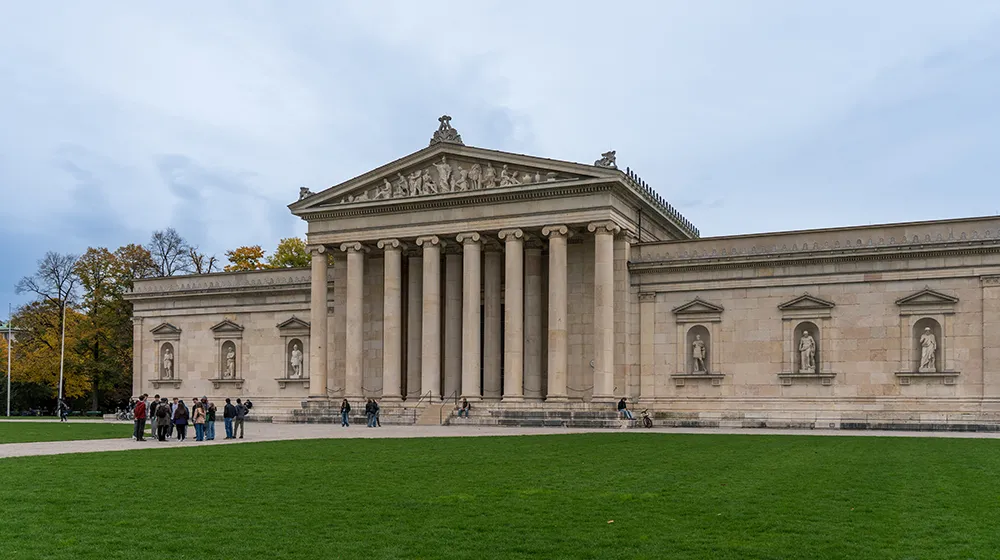
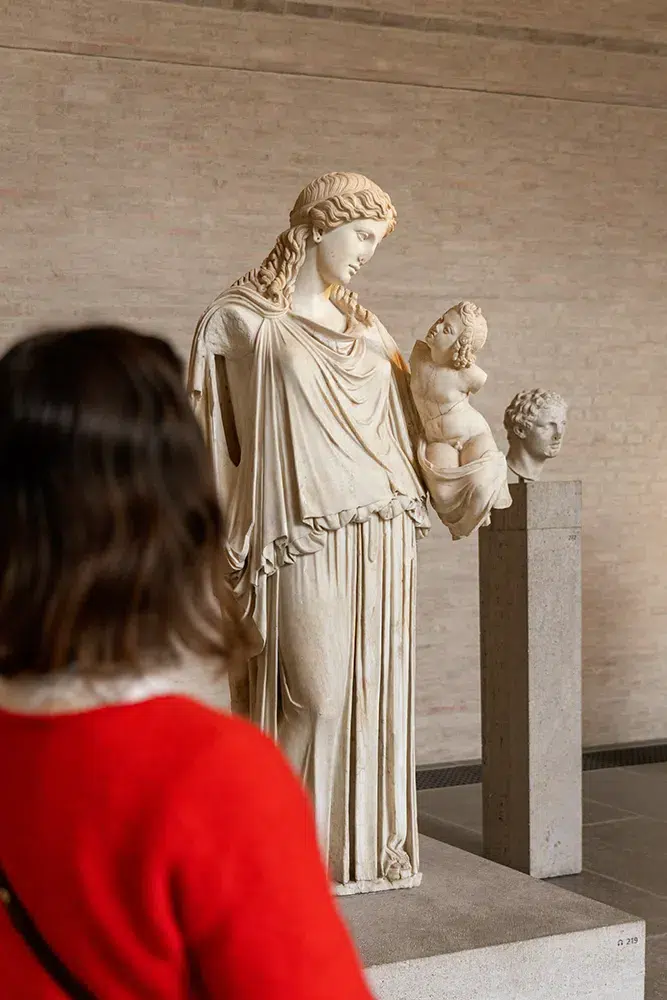
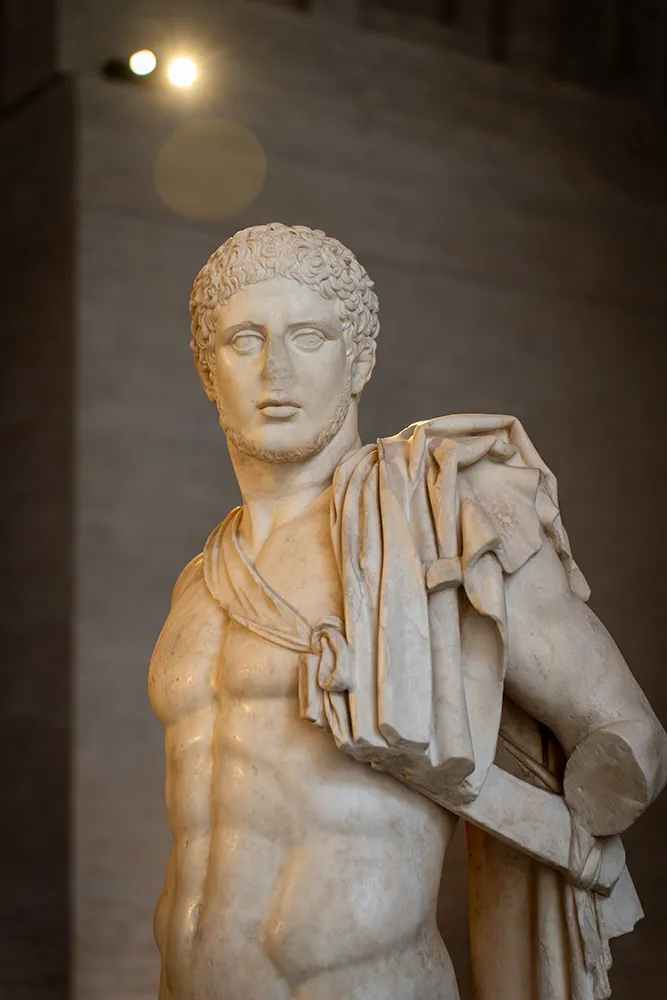
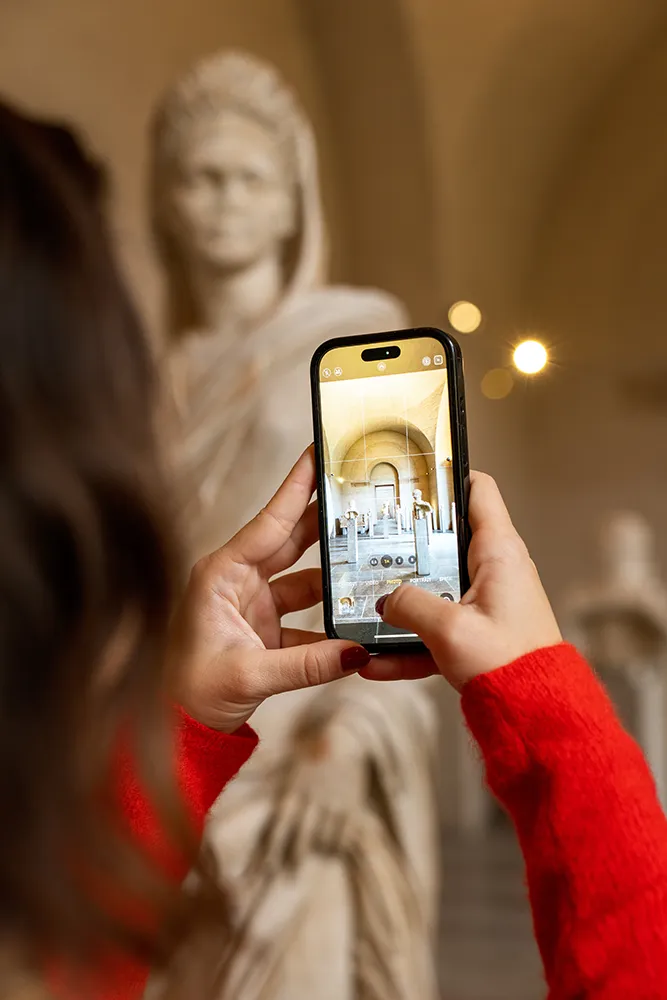
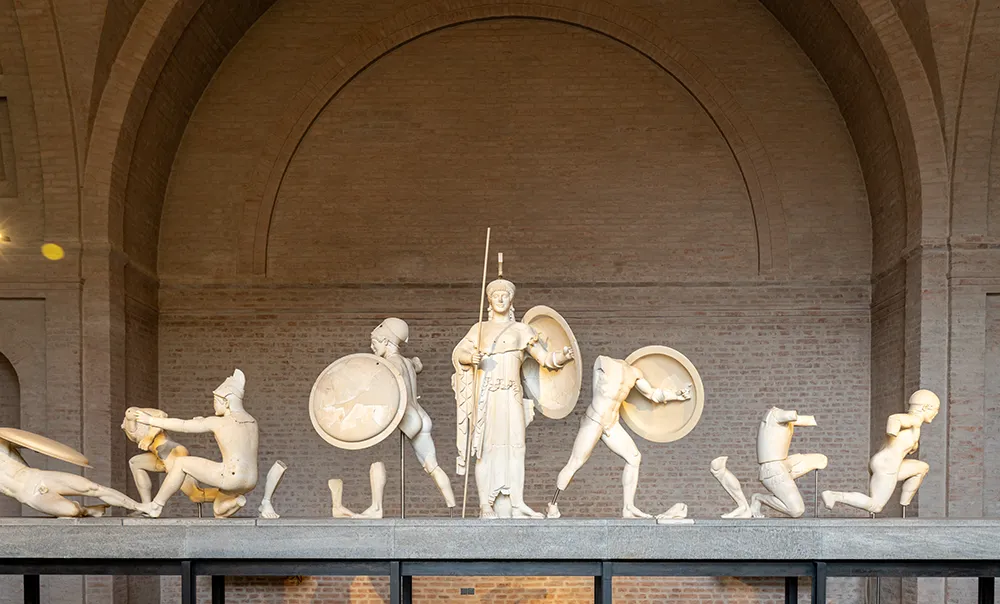
The Asam Church (Asamkirche)
If you like Baroque Rococo architecture, then you will love this church built in the mid-18th century by the Asam brothers, who gave it their name.
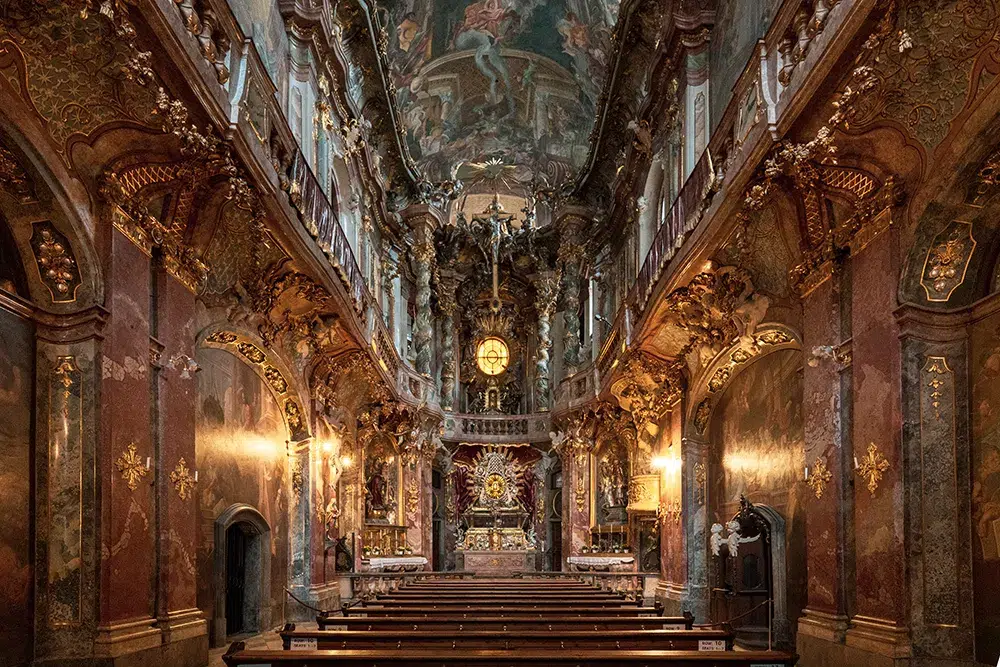
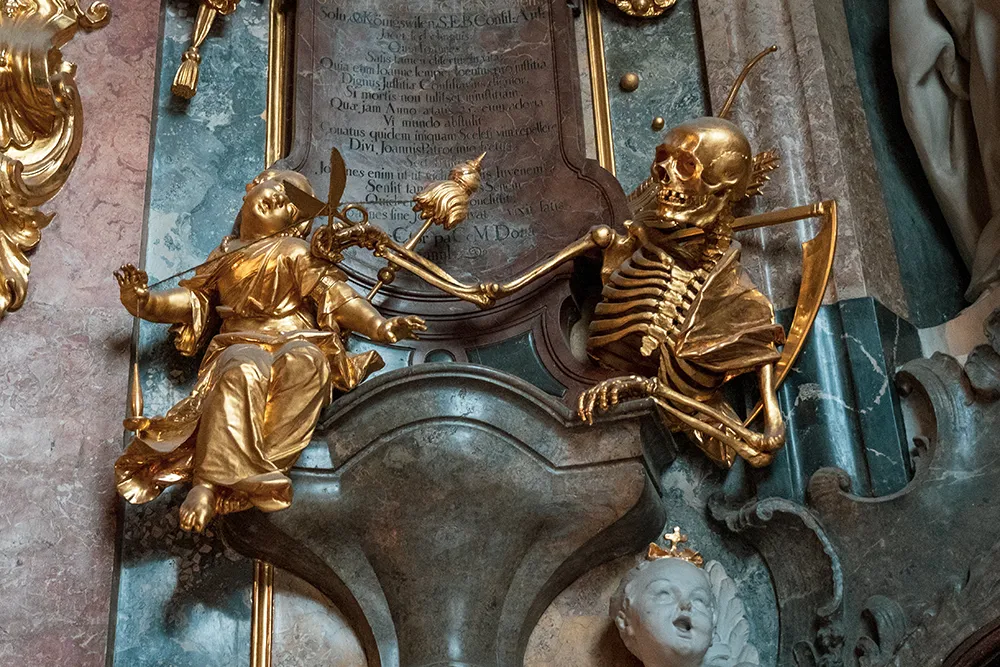
Sendlinger Str. 32
The Hofbräuhaus brewery
In Munich, beer is an institution. Among the city’s many breweries, this one is by far the best known. Beer has been brewed here since 1607, and today it attracts tourists and locals alike.
Platzl 9
The French Quarter (Franzosenviertel)
This neighborhood has little French influence except for its street names, which often evoke cities and regions in France. It is a particularly quiet and pleasant neighborhood where it is nice to stroll. You will find charming houses and several small gardens—it is full of charm!
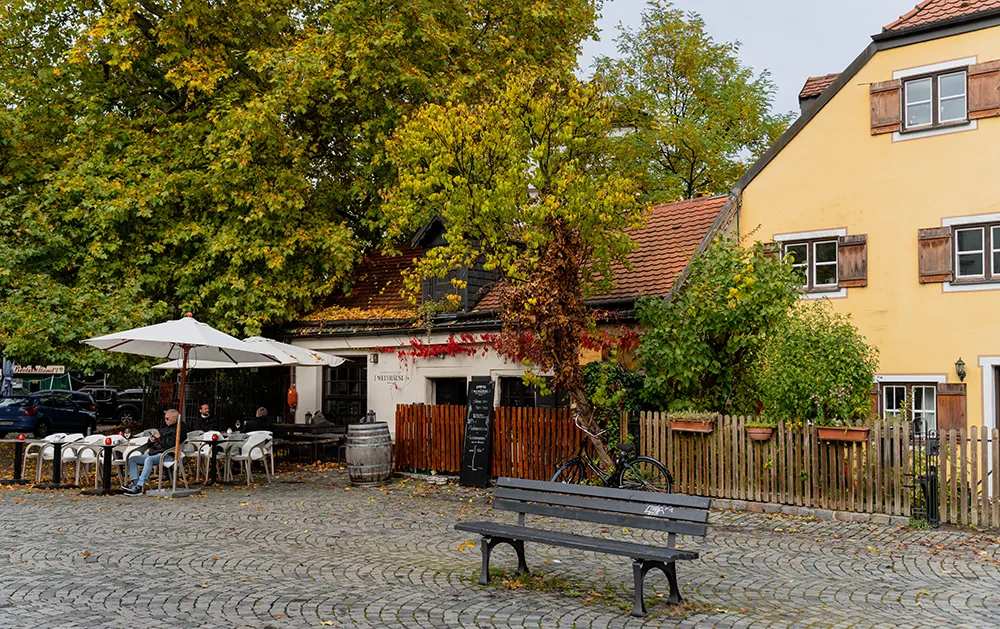
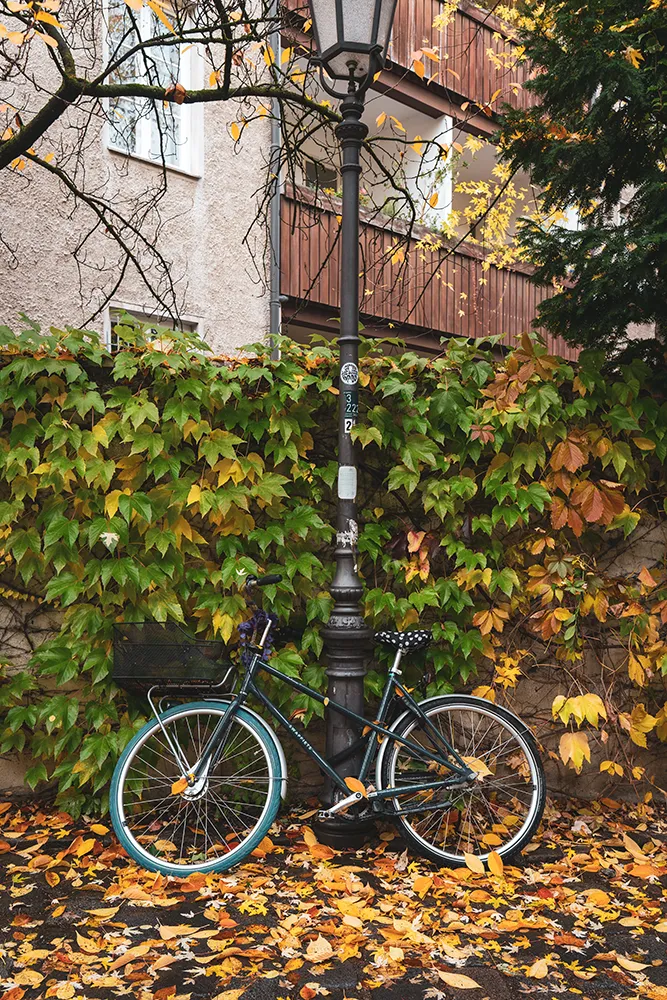
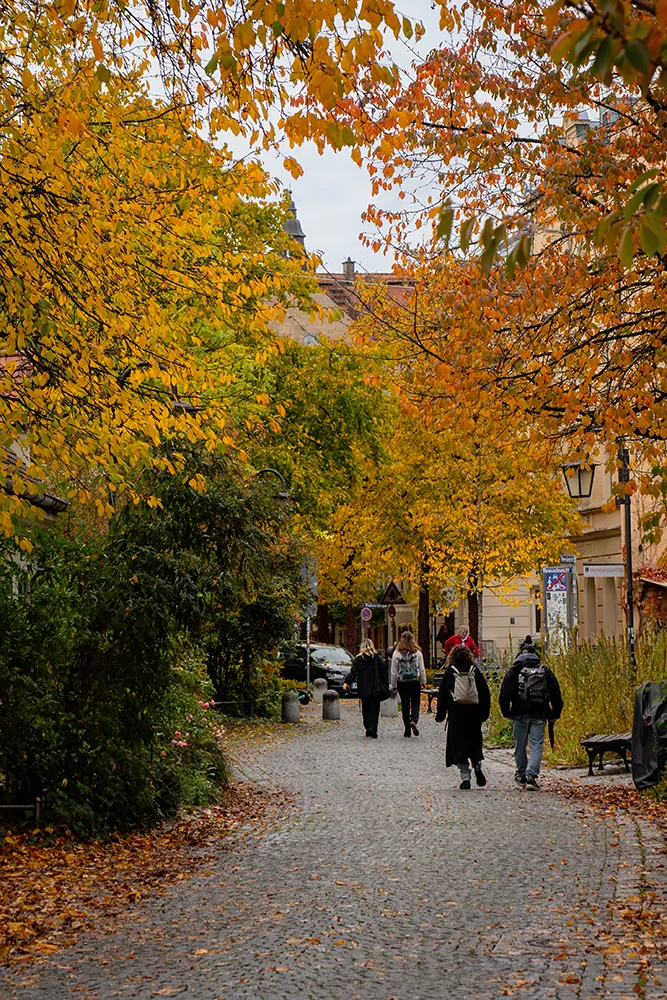
Interactive map
Find all the addresses mentioned in this guide on this map:
Tip: Use the menu on the left to filter results according to your interests.
Good places in Munich
Where to stay?
There are many accommodation options available in Munich. Enter your travel dates on this map to see available properties and prices:
This map contains affiliate links, which means that I receive a commission if you make a reservation after clicking on them. It doesn’t cost you any extra, but it helps me to offer you new travel guides that are available free of charge.
I highly recommend the Adina Apartment Hotel, which is particularly well located, close to the East Station, providing easy access to the city center and the airport.
The rooms are equipped with mini-kitchens, allowing you to save money on restaurants, and if you request a room on a higher floor, you can enjoy a magnificent view of the mountains or the city.
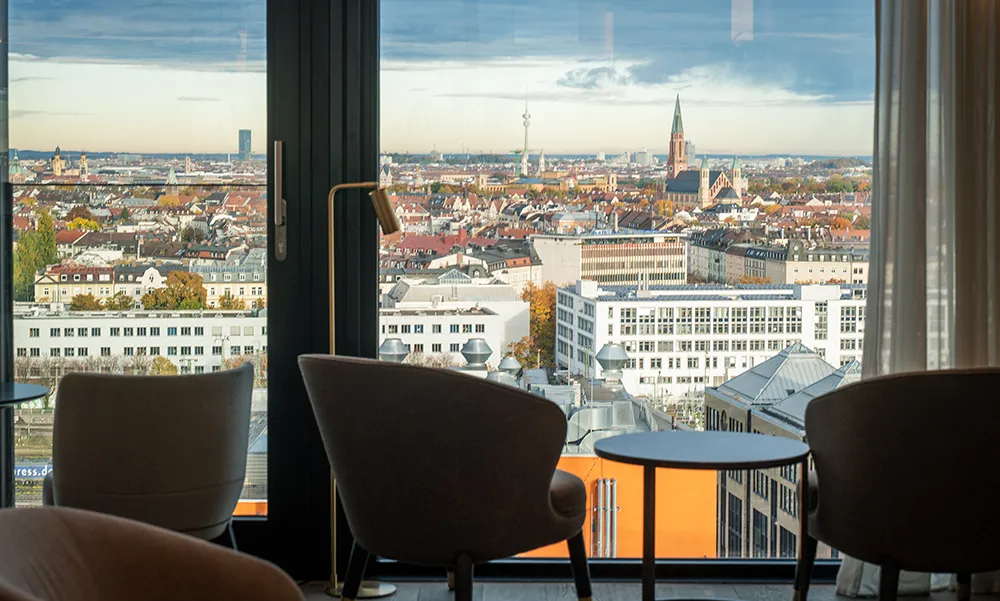
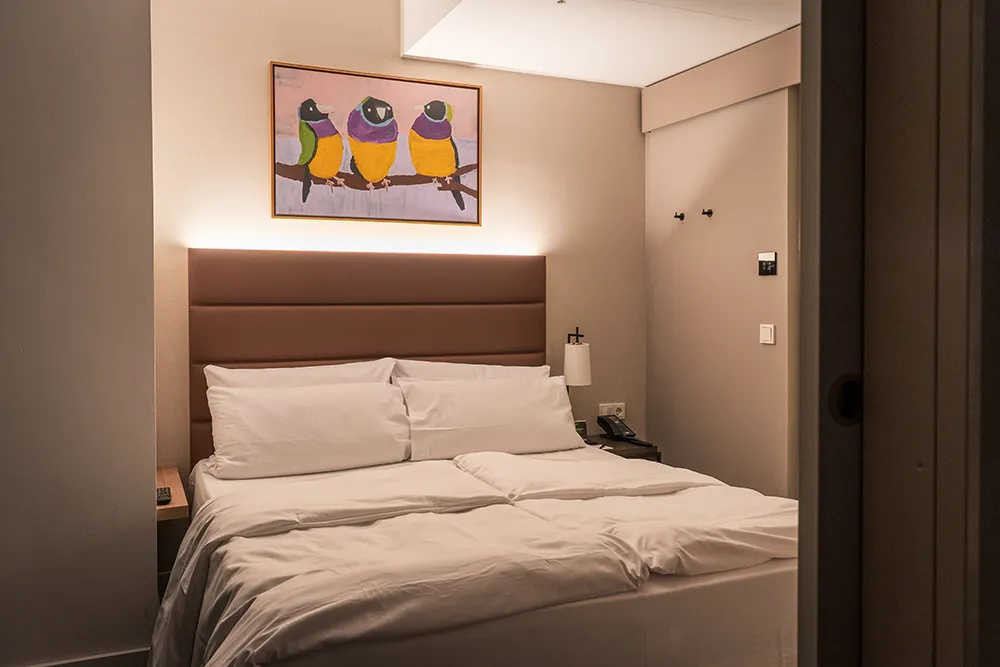
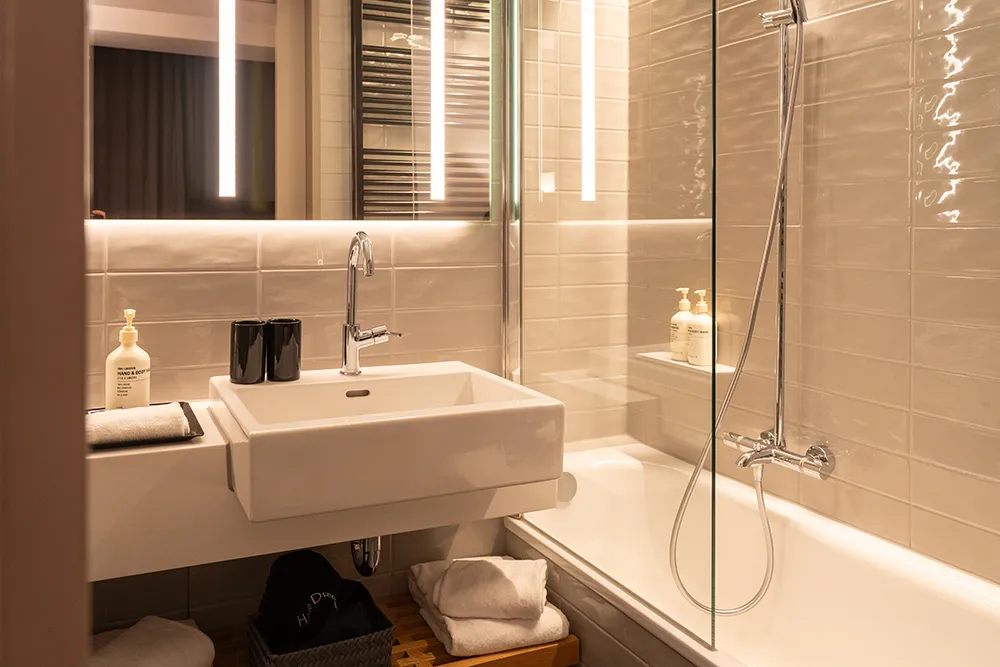
Where to eat?
The Viktualienmarkt
200 years ago, this place was a simple farmers’ market. Today, it’s the place to be for food! Around a hundred stalls offer a wide variety of products, from traditional Bavarian cuisine to international dishes. You’ll also find everything you need for your grocery shopping (bread, fruit, vegetables, meat, etc.) if you prefer to cook a little or prepare a picnic.
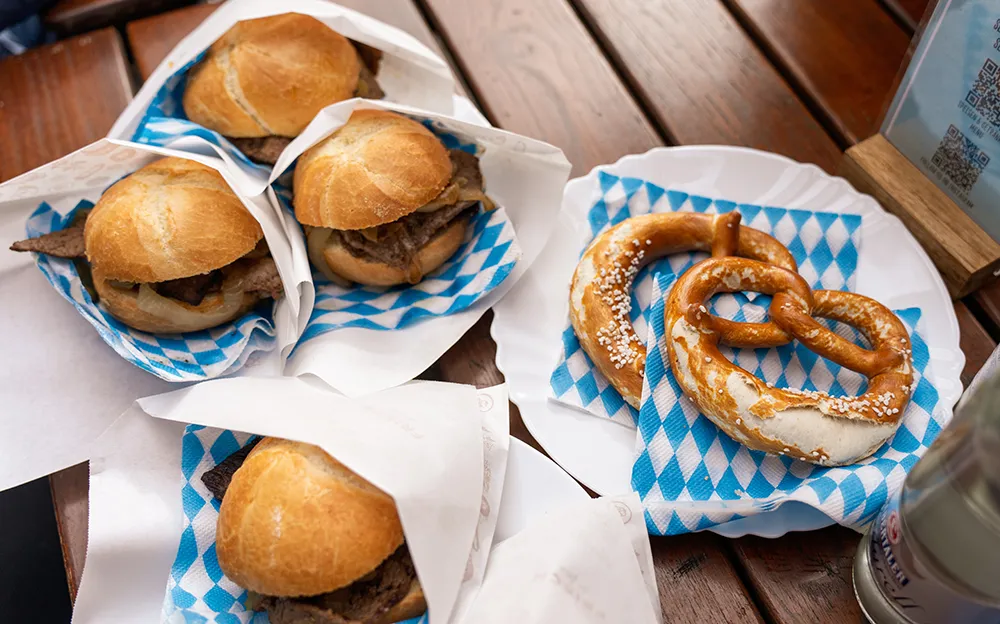
Airbräu: a brewery in the heart of the airport
As we said, beer is a real institution in Germany, so much so that there is even a brewery in the airport! Surrounded by large beer vats, the Airbräu restaurant serves traditional dishes, which is a great way to start your culinary discovery of Munich as soon as you step off the plane.
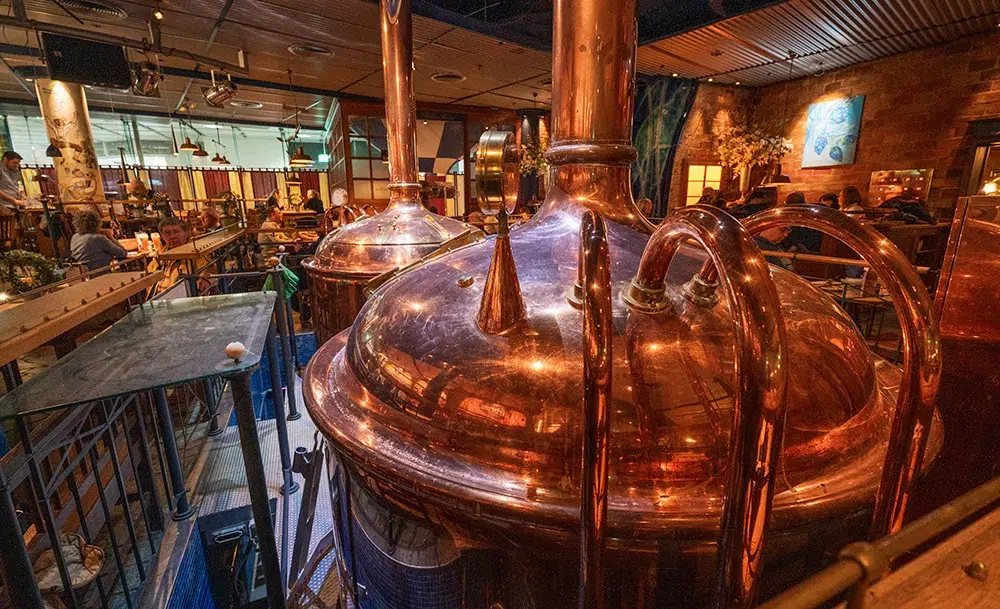
Munich Airport Center – Level 03
Kinglwirt: the Bavarian tavern
This traditional tavern prides itself on working with local suppliers and using seasonal produce. It’s the ideal spot in the heart of the city to sample typical regional dishes alongside the locals. Remember to book, as it’s quite small and very popular.
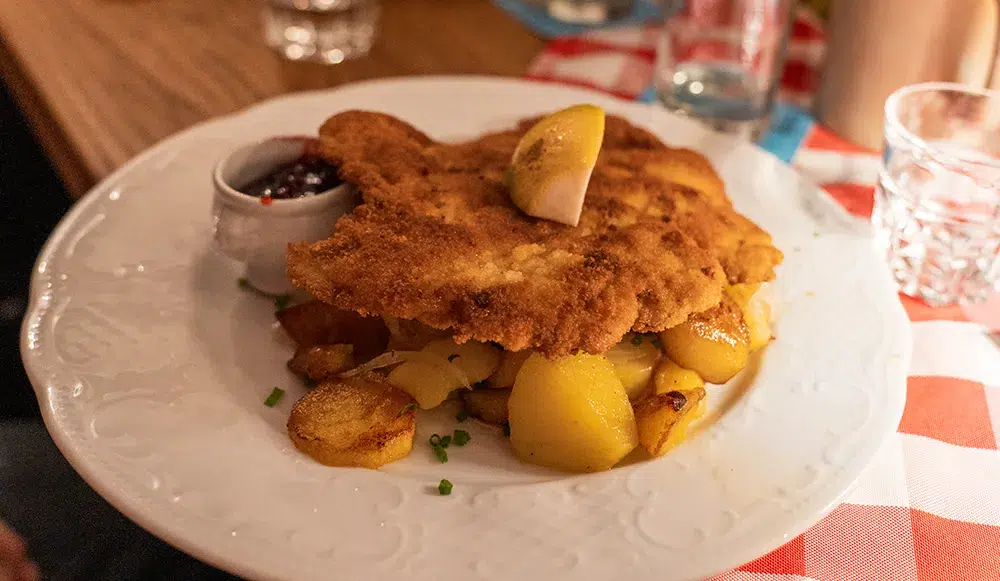
16 Balan Street
Bindaas: an excellent Indian restaurant
If you like Indian food, then head to Bindaas, a restaurant located right next to the Adina Apartment Hotel I mentioned earlier. It’s full of flavor, and the food is delicious.
Speicherstraße 20
Mamma Bao
If you prefer Asian cuisine, you’ll love it here. Mamma Bao specializes in noodle dishes (fresh noodles) that are prepared throughout the day. A real favorite!
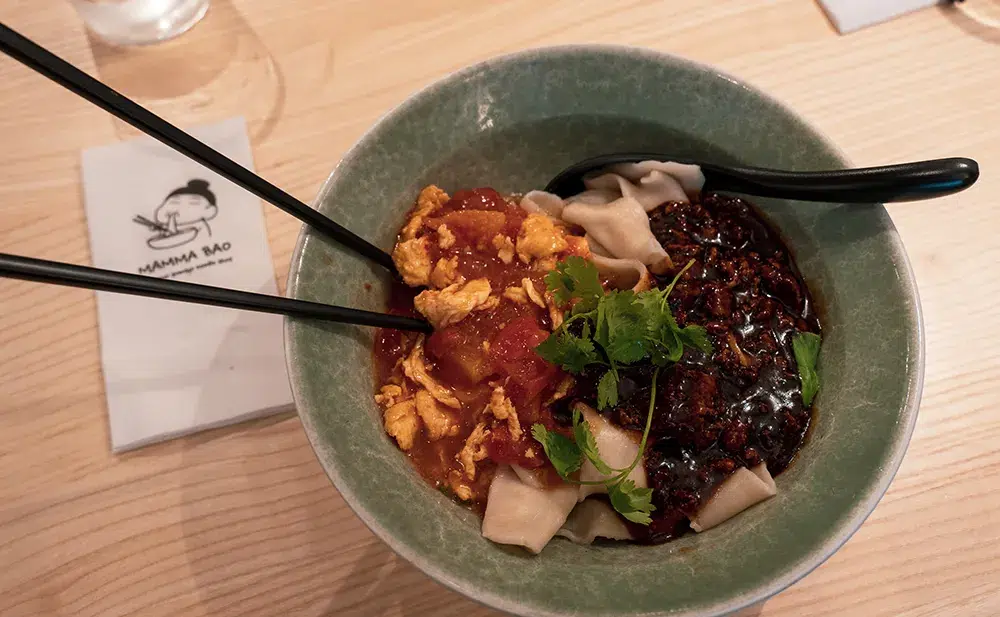
31 Augustenstraße
Have a good trip to Munich!
Article produced in collaboration with Transavia.
All photographs illustrating this article are the property of Culturez-vous and may not be reused without written permission.

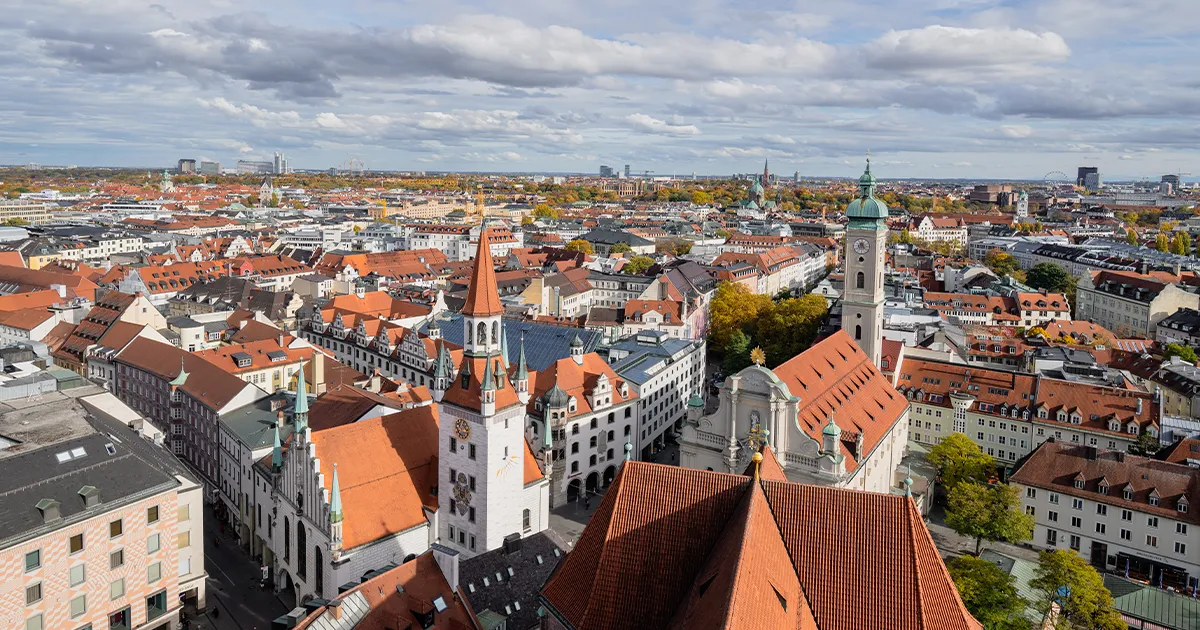



People reacted to this story.
Show comments Hide commentsReally loved this post – it’s clear you’ve put a lot of thought and effort into it. I’ll definitely be following along for more updates.